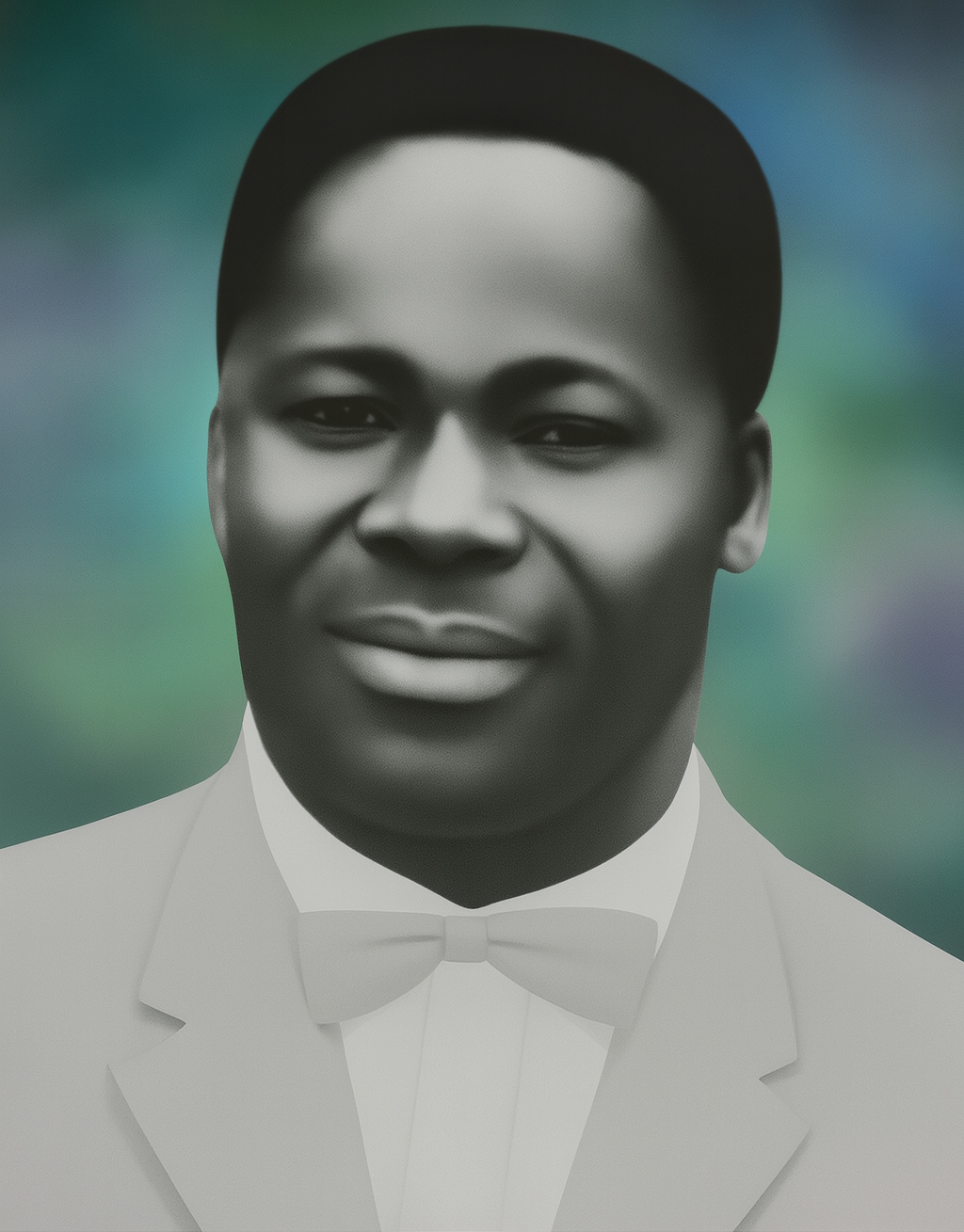A Visionary Silenced Before His Hour - Nigeria’s Forgotten Digital Pioneer
 In the 1960s and 70s, when computers were still a novelty in most parts of the world, one Nigerian academic was already laying the foundations for the nation’s digital future. Professor John O. (O. J.) Fagbemi, Nigeria’s first Professor of Computer Science and a pioneer of informatics, combined brilliance, vision, and international stature to establish computing as both a discipline and a practical force in the country. His untimely death in a motor accident in 1975/76 cut short a remarkable career, but his legacy continues to shape Nigerian science and technology.
In the 1960s and 70s, when computers were still a novelty in most parts of the world, one Nigerian academic was already laying the foundations for the nation’s digital future. Professor John O. (O. J.) Fagbemi, Nigeria’s first Professor of Computer Science and a pioneer of informatics, combined brilliance, vision, and international stature to establish computing as both a discipline and a practical force in the country. His untimely death in a motor accident in 1975/76 cut short a remarkable career, but his legacy continues to shape Nigerian science and technology.
Born in 1930 in Ilesha, Southwestern Nigeria, Fagbemi’s talent was evident early. *He earned a Government Scholarship in 1945 to attend Government College, Ibadan * later joining the University College, Ibadan . Recognized as a University Scholar, he later studied at Christ College, Cambridge, and in the UK was named an ICI Scholar and Scientist before returning home to help build Nigeria’s academic institutions.
At the University of Lagos (UNILAG), Fagbemi rose to become Head and Acting Dean and later Director of the Institute of Computer Sciences. There, he supervised and graduated the first doctoral candidate in computer science at the University, Dr. Ekogbulu, marking a milestone for higher education in Nigeria. He also ran the computer analysis and modeling of the university’s sports field using the Main Frame punch card system, a striking example of how computing could be applied to real-world challenges at a time when such applications were still rare.
Fagbemi was equally instrumental in establishing the University of Lagos Computer Centre as a separate income-generating unit, ensuring the sustainability and expansion of computing resources for teaching, research, and services. Under his guidance, the centre became a training ground for the earliest generation of computer professionals in Nigeria. Among his students were specialists who went on to serve at major parastatals, including the Nigeria Ports Authority (NPA), the Electricity Corporation of Nigeria (ECN), and the pioneer oil exploration company Shell-BP, many of them graduating with Postgraduate Diplomas in Computer Science.
Several of his protégés went on to leave indelible marks in other fields. The late Dr. Agbalajobi, a prominent public administrator, commissioner, and gubernatorial candidate in Lagos State, was among his earliest students. Pastor E. A. Adeboye, later General Overseer of the Redeemed Christian Church of God, was also influenced by Fagbemi during his time in the Department of Mathematics in UNILAG’s Faculty of Science, where Fagbemi was an active faculty member.
Internationally, Professor Fagbemi represented Nigeria at the highest levels. He served as Chairman of the International Bureau of Informatics/International Computation Center (IBI/ICC), worked as a United Nations consultant, and in 1970 prepared a background paper on computing for the UN Ad Hoc Panel of Experts on Computer Technology. He also oversaw the installation of early programming systems, including the adaptation of the NELIAC/UC language at the University of Lagos Computer Centre.
Tragically, just as his influence was spreading both at home and abroad, Professor Fagbemi’s life was cut short in a fatal car accident. Yet his contributions endure. He is remembered not only as the first Professor of Computer Science in Nigeria, but also as the architect of the nation’s first generation of computer scientists. He ensured that computer science education took root in Nigerian universities, seeded computing in national industries, and gave the country a voice in global discussions about technology.
Today, as Nigeria thrives with a vibrant community of software engineers, data scientists, and technology entrepreneurs, the story of Professor O. J. Fagbemi remains a reminder of the vision, determination, and foresight that helped put the nation on the digital map.
Source: Rotimi Ogunjobi (Carr, 2169, 1970)